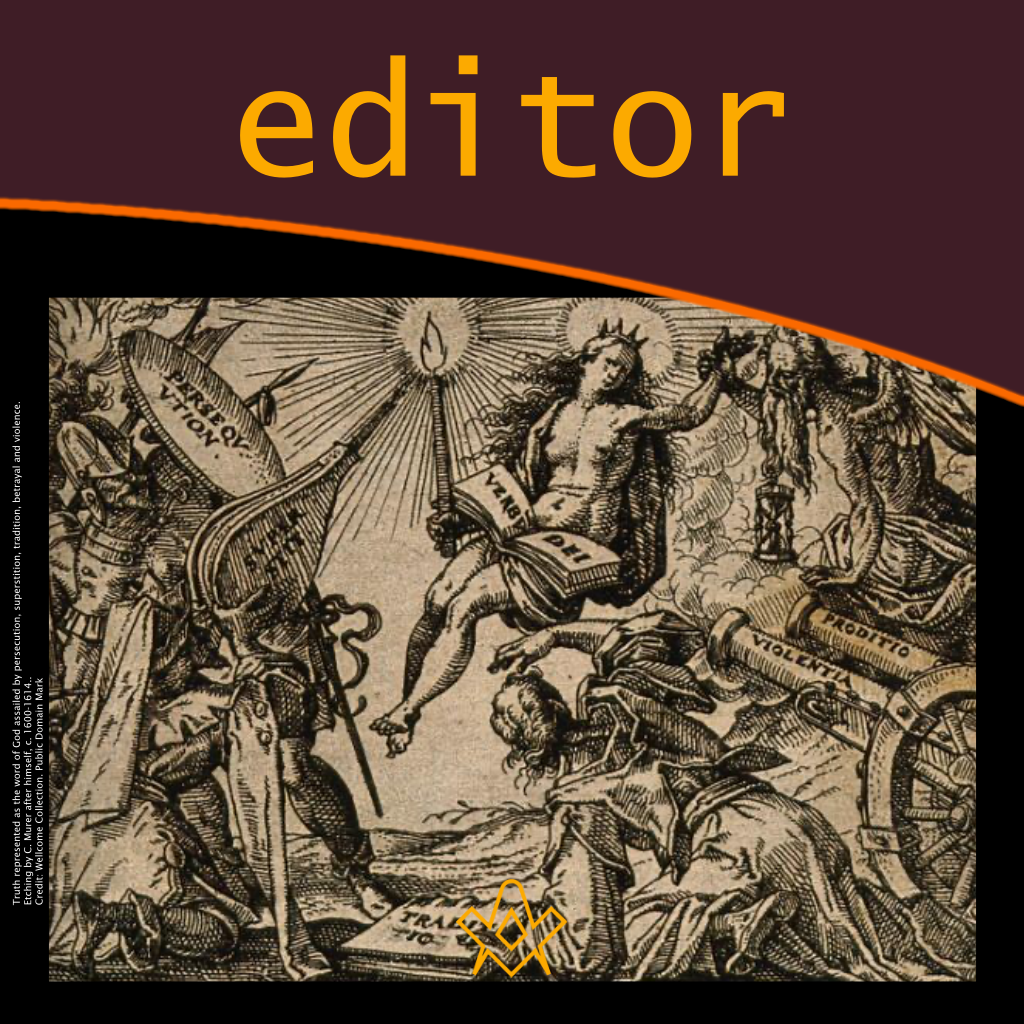Welcome to the August issue of The Square
Heading Image Reference: Truth represented as the word of God assailed by persecution, superstition, tradition, betrayal and violence. Etching by C. Murer after himself, c. 1600-1614.. Credit: Wellcome Collection. Public Domain Mark
Truth must prevail
We currently live in strange (and undoubtably dangerous) times – if you have read George Orwell’s dystopian novel Nineteen Eighty-Four (1984), you will most likely have your own perspective as to who/what its chilling narrative can be applied to.
But the overriding message is – beware the erosion – or distortion – of truth.
To know and not to know, to be conscious of complete truthfulness while telling carefully constructed lies, to hold simultaneously two opinions which cancelled out, knowing them to be contradictory and believing in both of them, to use logic against logic, to repudiate morality while laying claim to it, to believe that democracy was impossible and that the Party was the guardian of democracy, to forget whatever it was necessary to forget, then to draw it back into memory again at the moment when it was needed, and then promptly to forget it again, and above all, to apply the same process to the process itself—that was the ultimate subtlety: consciously to induce unconsciousness, and then, once again, to become unconscious of the act of hypnosis you had just performed.
Even to understand the word—doublethink—involved the use of doublethink.
Source: – George Orwell, Nineteen Eighty-Four
The quote above relates to the use of ‘doublethink‘ (a form of cognitive dissonance) – ‘a process of indoctrination in which subjects are expected to simultaneously accept two conflicting beliefs as truth, often at odds with their own memory or sense of reality’.
Orwell also describes concepts such as, the ‘Thought Police‘, ‘thoughtcrime‘, ‘Newspeak‘. Orwell was a democratic socialist, and modelled the totalitarian government in the novel after Stalinist Russia and Nazi Germany but more broadly, the novel examines the role of truth and facts within politics and the ways in which they are manipulated.
Without getting drawn to any specific political party, situation, or debate to which we could attribute these concepts to, I would however, like to highlight one word that is at the core of the book’s message – ‘truth’, and/or the manipulation of such.
As Freemasons the three core principles, or tenets, are Brotherly Love, Relief, and Truth.
![]()
“Truth is the property of being in accord with fact or reality.”
Source: – Merriam Webster Dictionary
Masonic author and scholar Carl Claudy describes ‘Truth’ in Freemasonry:
The final design of Freemasonry is its third principal tenet – the imperial truth. In some aspects truth seems relative, because it is not complete.
Then we see it as through a glass, darkly. But the ultimates of truth are immutable and eternal: the Fatherhood of God; the immortality of the soul.
As two aspects of the same object may seem different to different observers, so two aspects of truth may seem different. It is this we must remember when we ask, ‘What is truth in Freemasonry?’
It is the essence of the symbolism which each man takes for himself, different as men are different, greater as perception and intelligence are greater, less as imagination and understanding are less.
We are told, ‘On this theme we contemplate’ – we think of the truths spread before us and understand and value them according to the quality of our thinking.
In a world where truth is increasingly being distorted and cloaked in a dark and suffocating shroud of ‘doublethink’, we must uphold it – and in the spirit of allegory and symbolism, let that truth be held aloft as a beacon, or shine out like a lighthouse on a rock – spreading light in the darkness to help us see things clearly, and hopefully avert a catastrophe.
This month:
We have some great articles including both old and new wisdom:
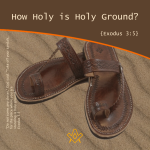
How Holy is Holy Ground – Matthew A. Leilich takes us on a fascinating walk through the subject of ‘Holy Ground’, sometimes called Sacred Ground, which is the area of the lodge directly in-between the Worshipful Master and the Bible.
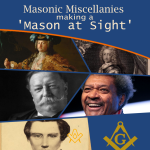
In our regular Masonic Miscellanies column we reveal what it means to make a ‘Mason at sight’, and who exactly has been made one?
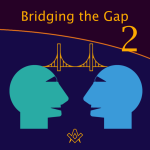
Bridging the Gap: Part 2 – An Introduction to Esoteric Science – There is often a gap between action and understanding. This article is an excerpt from a course currently under construction by the author.
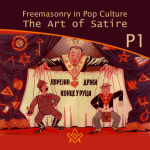
A news series Freemasonry in Popular Culture looks at how the fraternity has been represented within a variety of media. Part one begins with the satirical – and propagandist – cartoons and art from the 18th- to the 20th century.
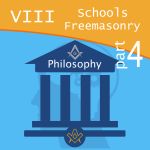
Eight Schools of Freemasonry gives us another lesson – in Part 4: Albert Pike’s Metaphysics and Symbolism.
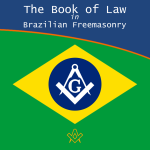
Masonic writer and philosopher, Fernando Rodrigues de Souza, offers an insight into The Book of Law in Brazilian Freemasonry.
Our regular contributors:
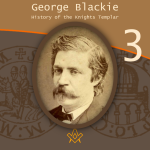
Kenneth Jack is superb as always, with his third part in the serialisation of George Blackie’s ‘History of the Knights Templar and the Sublime Teachings of the Order’.
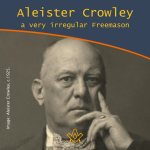
Nigel Wade examines Aleister Crowley – a very irregular Freemason – his life, works, and albeit brief, involvement in Masonry.
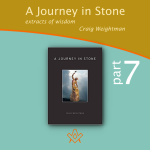
More ‘Extracts of Wisdom’ from Craig Weightman’s book ‘A Journey in Stone’ – this month, we explore the pathway to the ‘perfect ashlar’ that requires continual improvement
As always, we also have the usual features of old books, new books, reviews of books, and a whole host of Masonic knowledge to keep you busy with your ‘daily advancement’.
We hope you enjoy this month’s issue. If you do – or if you don’t – drop me a line at editor@thesquaremagazine.com
Until next time, stay safe and well.

Article by: Philippa Lee. Editor

Philippa Lee (writes as Philippa Faulks) is the author of eight books, an editor and researcher.
Philippa was initiated into the Honourable Fraternity of Ancient Freemasons (HFAF) in 2014.
Her specialism is ancient Egypt, Freemasonry, comparative religions and social history. She has several books in progress on the subject of ancient and modern Egypt. Selection of Books Online at Amazon
